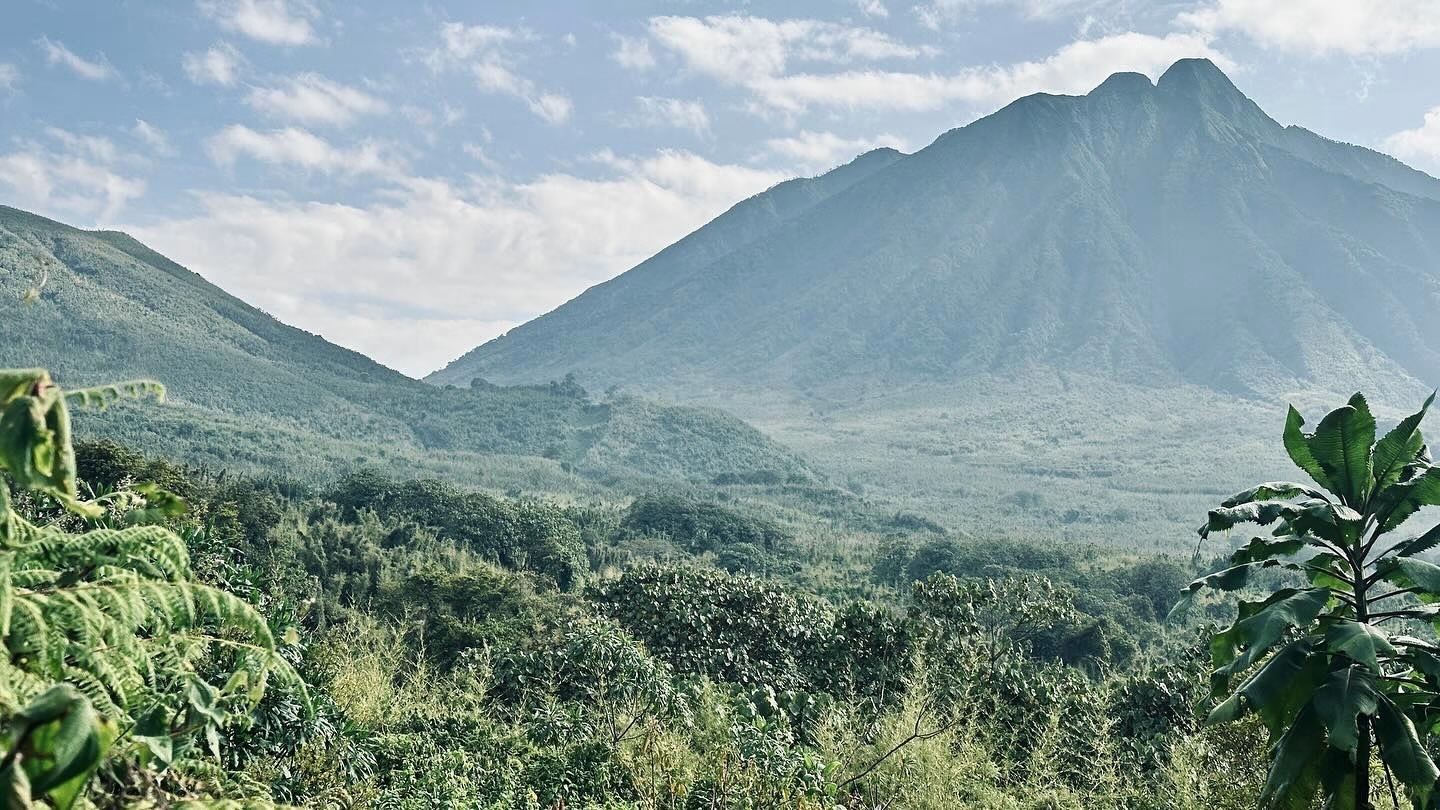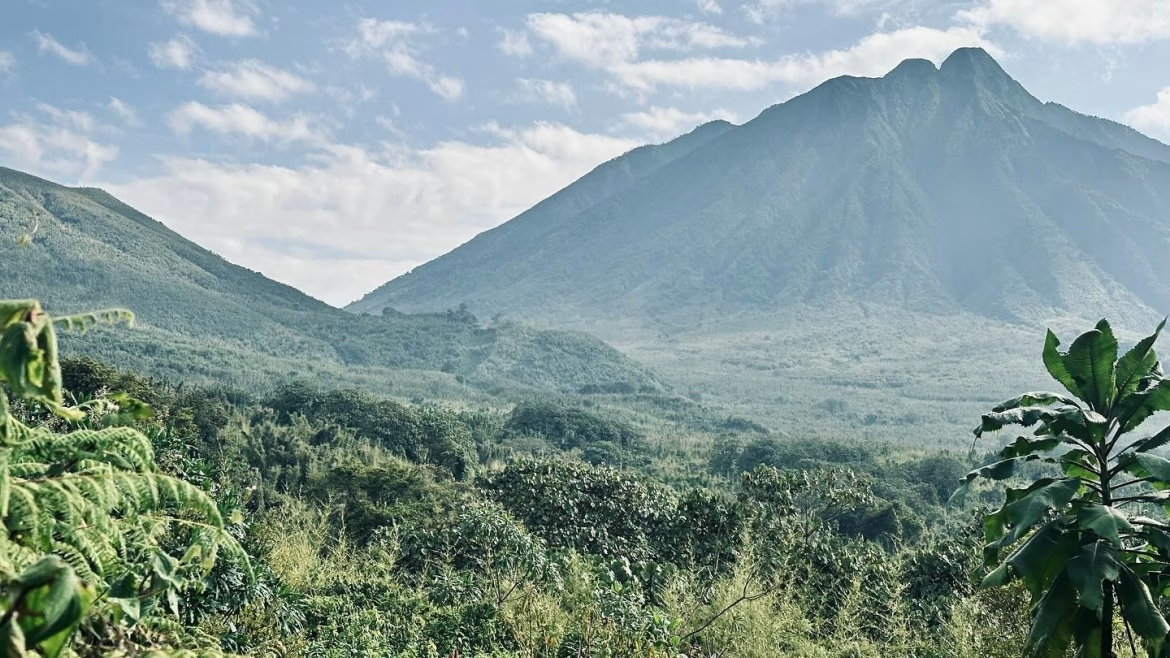
7 Common Mistakes to Avoid When Traveling in Rwanda (And What to Do Instead)
Traveling through Rwanda ranks among the most rewarding adventures I’ve ever undertaken. From the hush of the misty forests where mountain gorillas roam, to the warmth of Kigali’s cozy cafés and vibrant street life, every day brought something unforgettable. Rwanda, the “land of a thousand hills,” surprises and inspires at every turn. But even when you’re in love with a place, the realities of travel can catch you off guard, especially when you’re unprepared. I certainly learned that the hard way. To ensure your trip goes as smoothly as possible, I’m sharing the biggest mistakes I made during my Rwandan journey, and more importantly, what you can do instead.
1. Underestimating the Hills , Kigali Is Not Flat!
My blunder: I lowballed the elevation. Kigali looked so open and modern. How hilly could it be? I booked an Airbnb a decent distance from the city center and ended up huffing up steep streets after tiring days of exploring.
Why it matters: Kigali’s landscape is both its beauty and a bit of a workout. The hills offer breathtaking views, but only if you’re equipped to reach them!
What worked better:
- Stay central , in neighborhoods like Nyamirambo (great food and culture), Kimihurura (restaurants, nightlife), or right in the city center, to minimize those uphill treks.
- Pack sturdy walking shoes : they’re not just for trekking.
- Use moto-taxis for short hops to save your legs.
Pro tip: Kigali’s hills are magical at golden hour , just make sure you’re not too exhausted to enjoy the view!
2. Skipping Travel Insurance , Taking a Risk
My blunder: I passed on travel insurance, thinking, “How bad could a stomach bug be?” Answer: enough to push me into a clinic die-hard, and disrupt my itinerary.
Why it’s smart: When you’re off on gorilla treks, hiking through rugged terrain, or zip around on moto-taxis, accidents or illness can happen in a flash. The last thing you want is to pay out of pocket.
What worked better:
- Opt for insurance that covers medical emergencies, adventure activities (gorilla trekking, safaris), and trip interruptions.
- Bring a basic medical kit—bandages, pain relief, oral rehydration salts, to avoid scrambling for supplies.
Peace of mind is priceless , especially deep in a rainforest.
3. Booking Gorilla Permits Too Late
My blunder: I thought I could buy a gorilla trekking permit a few weeks before arrival. Nope. I learned that gorilla permits sell out quickly , especially around events like Kwita Izina, the annual gorilla naming festival.
Why it matters: Rwanda protects its mountain gorillas by strictly limiting trekking permits. It’s conservation-driven, and that makes planning essential.
What worked better:
- Book your gorilla permit 3–6 months ahead. Many travelers don’t realize this until it’s too late.
- The cost is steep (about $1,500), but being in that forest face-to-face with a gorilla… It’s priceless.
- If permits are gone, consider golden monkey treks or Visit Akagera National Park.
- Work with a local tour operator for fast updates.
4. Relying on Cards , Cash Is Still King
My blunder: I leaned too heavily on my card, assuming it’d work everywhere. In Kigali’s big spaces, yes, but in smaller towns, markets, or for moto-taxis? Nope. I was constantly scrambling for local currency.
Why it matters: Rwanda runs mostly on cash, especially for moto-taxis, markets, and tips.
What worked better:
- Withdraw Rwandan francs at the airport or a reliable ATM in Kigali early in your trip.
- Keep a stash of small bills, perfect for markets, baksheesh, tuk-tuks, and tips.
- Carry a bit of USD, some higher-end lodges or safari ops still accept it for big-ticket purchases.
5. Assuming Everyone Speaks English
My blunder:I assumed everyone would be fluent in English. In Kigali? Pretty much. But my deeper trek into villages taught me otherwise: French and Kinyarwanda are extremely common.
Why it matters: Locals appreciate even your small effort to connect in their language.
What worked better:
- Learn a few essential Kinyarwanda phrases, like “Muraho” (hello) and “Murakoze” (thank you).
- Download Google Translate offline, including Kinyarwanda and French.
- Rwandans are incredibly welcoming; your effort usually translates to wider smiles and goodwill.
6. Overpacking for Gorilla Trekking
My blunder: I packed heavy boots, a thick jacket, and extra layers, assuming the jungle would be icy cold. Instead, I sweat through humidity and mud while lugging an overloaded backpack.
Why smarter gear helps: The forest climate can change fast, but most of the time, it’s humid and damp , not chilly.
What worked better:
- Lightweight, waterproof hiking boots that dry fast.
- Sunscreen, and optional gaiters or walking sticks,easily rented locally if needed.
- A light rain jacket (the rainforest can surprise you).
- Long sleeves for bugs and scratches.
Packing less doesn’t just save your back,it makes your trek more enjoyable.
7. Rushing Through the Itinerary
My blunder: I jammed gorilla trekking, Akagera National Park, Lake Kivu, and Kigali into just 6 days. I ended exhausted, knowing I missed the soul of the places I rushed through.
Why it’s better to slow down: Rwanda’s winding roads and scenic beauty mean travel takes time—and the unplanned pauses are often the most memorable.
What worked better:
- Give yourself 7–10 days minimum.
- Built in downtime: a café morning in Kigali, a lazy sunset at Lake Kivu, or a chat with locals.
- Reserve time just to breathe, the best experiences are often in those wandering moments.
Bonus Tips I Wish I’d Known
- SIM cards & Internet: Buy a data-rich SIM from MTN or Airtel at the airport. Coverage is reliable and cheap.
- Best travel months: June to September and December to February, great for gorilla trekking and clear skies.
- Transport: Moto-taxis are convenient, just be sure to wear the helmet provided. For longer routes, consider reputable buses or a private driver.
- Safety: Rwanda is one of Africa’s safest countries; still, basic precautions with valuables go a long way.
Rwanda is a country that wins hearts, with its breathtaking landscapes, vibrant communities, and poignant history. I made mistakes, sure, but each taught me to plan smarter, pack lighter, and travel more consciously. But above all, they taught me to slow down and truly soak in every moment, from the whispered beauty of the rainforest to the aroma of fresh coffee in Kigali’s morning air. I hope my experiences save you time, money, and stress, so you can focus fully on what matters: losing yourself in Rwanda’s magic.
